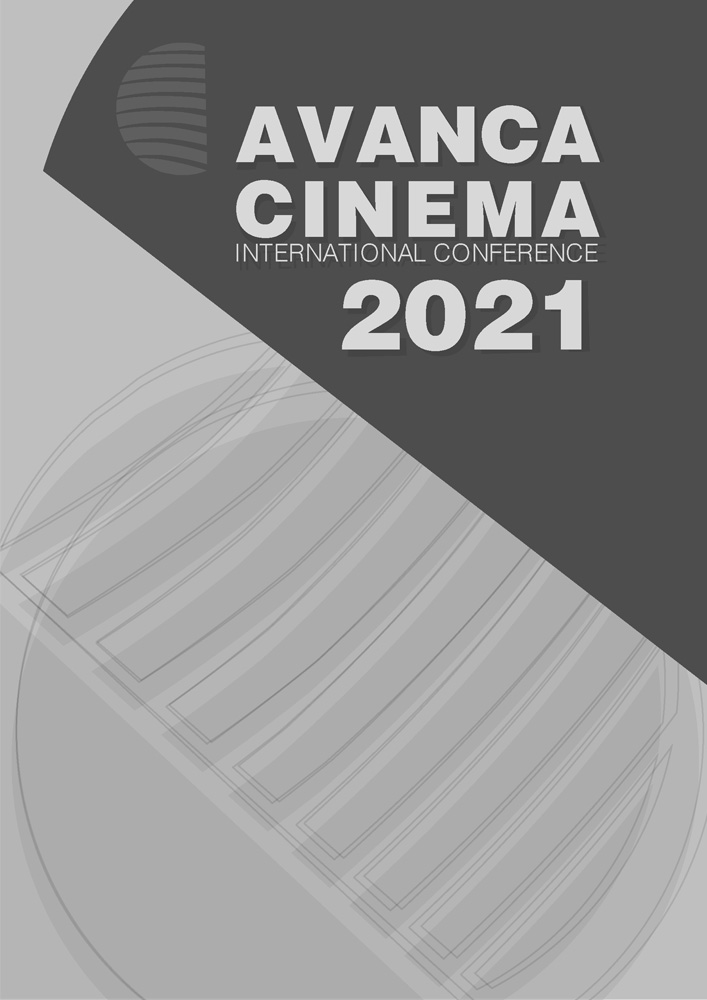Capítulo I _ Cine - Arte
Viajes en el tiempo, narrativa audiovisual y ficción televisiva: la paradoja circular en la serie de la BBC Doctor Who
Resumen
The purpose of this work is to explore the narrative mechanisms that operate in audiovisual stories about time travel, and more specifically in those that address the so-called onthological paradox (also known as bootstrap paradox or causal loop), taking as a case study the British BBC TV series Doctor Who (1963-2020), and especially its modern era, which began in 2005.
Onthological paradoxes (those where an infinite cause-effect loop is created, and therefore it is impossible to establish a point of origin of certain events) break, by their own conception, the classical structure of the story by denying the classical notion of ‘ first plot point’. Thus, many of these narratives are forced to seek alternative formulas of temporal architecture based on simultaneity, order distortion or circularity. All these solutions can be traced in many chapters of Doctor Who, particularly in those that fall under the creative direction of Steven Moffat, who in his period as screenwriter (2005-2010) and showrunner (2010-2017) used the concept of ‘time ‘as the main driving force behind his narratives.

Esta obra está bajo una licencia internacional Creative Commons Atribución 4.0.

